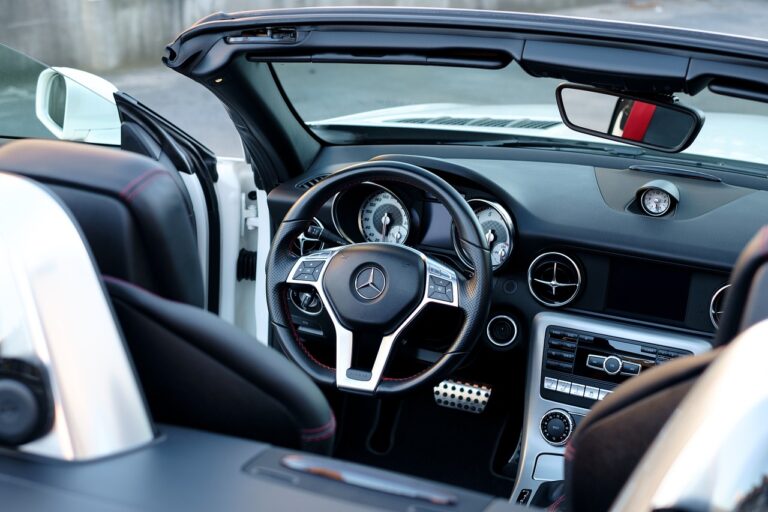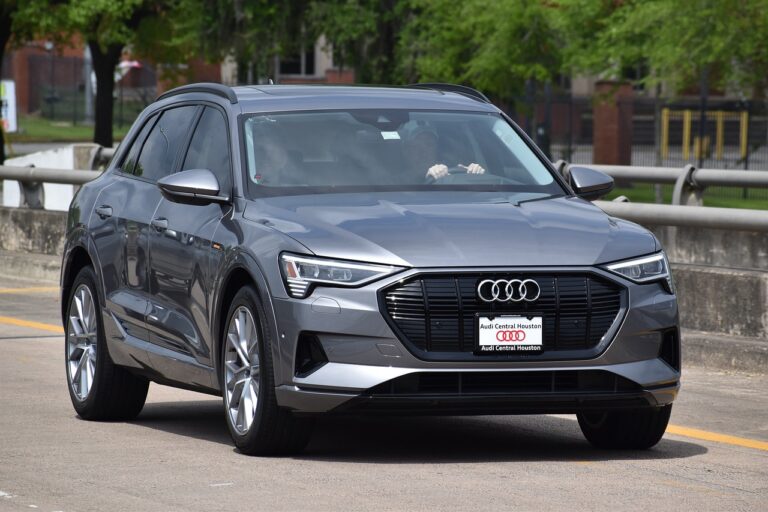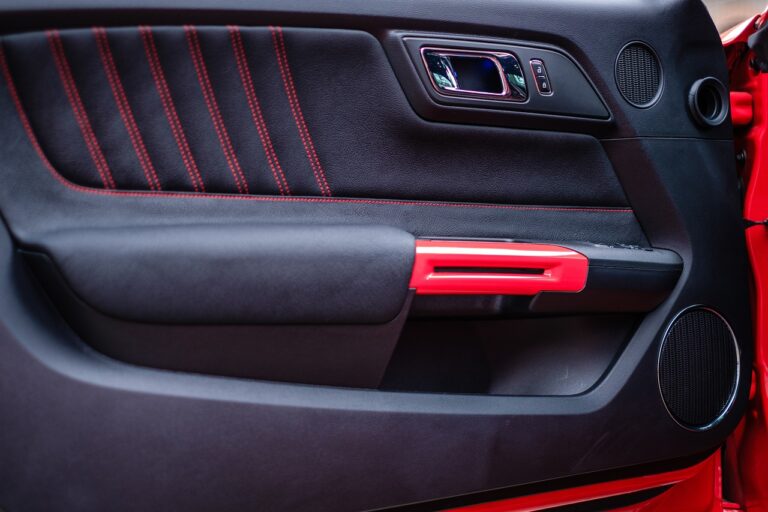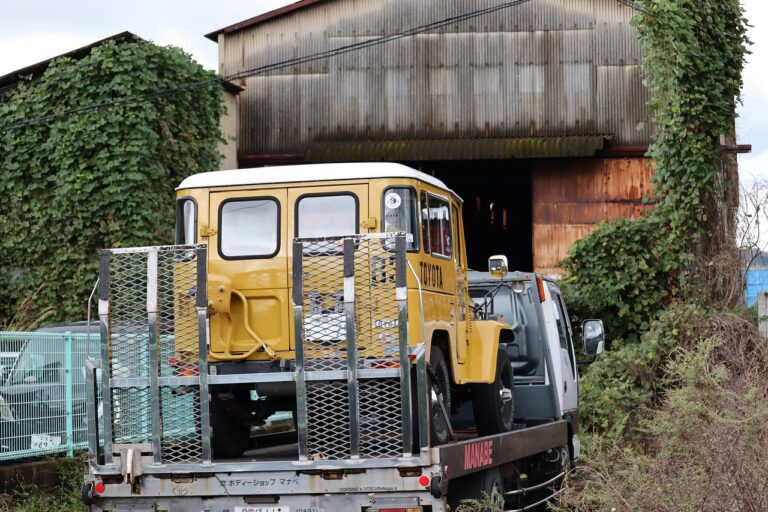Sustainable Practices in Automotive Dealerships: Reducing Environmental Footprint
Automotive dealerships are significant contributors to environmental impact due to their high energy consumption, waste generation, and water usage. From the electricity needed to power showrooms and service facilities to the emissions produced by test drives and transportation of vehicles, the environmental footprint of these establishments is considerable. Furthermore, the disposal of hazardous materials such as oil and tires adds to the ecological challenges faced by automotive dealerships.
Water usage is another crucial aspect of environmental impact in automotive dealerships. Car washing, maintenance activities, and restroom facilities all require water, leading to substantial consumption and potential runoff issues. Implementing water conservation measures, such as investing in water-efficient fixtures and implementing recycling systems, can help mitigate the dealership’s water footprint and lessen its impact on the environment.
Implementing Energy-Efficient Lighting and Appliances
Installing energy-efficient lighting and appliances is a crucial step for automotive dealerships looking to reduce their environmental footprint. By replacing traditional lighting with LED fixtures and utilizing Energy Star-rated appliances, dealerships can significantly lower their energy consumption and operating costs. These upgrades not only contribute to a more sustainable business model, but also promote a greener image to customers and the community.
The implementation of energy-efficient practices in automotive dealerships is not only beneficial for the environment, but it also aligns with current industry trends towards sustainability. By investing in energy-efficient lighting and appliances, dealerships can demonstrate their commitment to reducing greenhouse gas emissions and conserving natural resources. Additionally, these upgrades can lead to long-term savings and improved efficiency, making them a smart investment for dealerships looking to enhance their bottom line while reducing their environmental impact.
Implementing energy-efficient lighting and appliances can significantly lower energy consumption and operating costs
LED fixtures and Energy Star-rated appliances are key components in reducing environmental footprint
Promoting a greener image to customers and the community through sustainable business practices is important for automotive dealerships
Energy-efficient practices align with current industry trends towards sustainability
Investing in energy-efficient upgrades demonstrates commitment to reducing greenhouse gas emissions and conserving natural resources
Long-term savings and improved efficiency make energy-efficient lighting and appliances a smart investment for dealerships looking to enhance their bottom line
Promoting Water Conservation Measures
Water conservation measures are essential in automotive dealerships to reduce water usage and promote sustainability. Implementing low-flow fixtures, such as faucets and toilets, can significantly decrease water wastage without compromising functionality. Regular maintenance of plumbing systems to fix leaks promptly is another crucial step in conserving water resources within dealership facilities.
Moreover, educating staff members about the importance of water conservation and encouraging responsible behavior can lead to a collective effort in minimizing water usage. Implementing water-efficient landscaping practices, such as utilizing native plants and installing drip irrigation systems, can further reduce water consumption in dealership outdoor areas. By adopting these measures, automotive dealerships can demonstrate their commitment to environmental stewardship and contribute to water conservation efforts on a broader scale.
Why is it important for automotive dealerships to promote water conservation measures?
Automotive dealerships use a significant amount of water for washing vehicles, maintaining landscapes, and other operations. By promoting water conservation measures, they can reduce their environmental impact and save on water costs.
What are some examples of water conservation measures that can be implemented in automotive dealerships?
Some examples include installing low-flow faucets and toilets, implementing water-efficient landscaping practices, and fixing any leaks in the plumbing system.
How can energy-efficient lighting and appliances help with water conservation efforts?
Energy-efficient lighting and appliances can help reduce the overall energy consumption of the dealership, which in turn can lead to less water being used for energy production. This can contribute to water conservation efforts.
How can automotive dealerships encourage employees and customers to participate in water conservation efforts?
Dealerships can provide education and training on water conservation practices, offer incentives for water-saving behavior, and promote awareness through signage and communication.
What are some long-term benefits of promoting water conservation measures in automotive dealerships?
Some long-term benefits include reduced water usage and costs, improved sustainability practices, and a positive reputation for being environmentally conscious.







